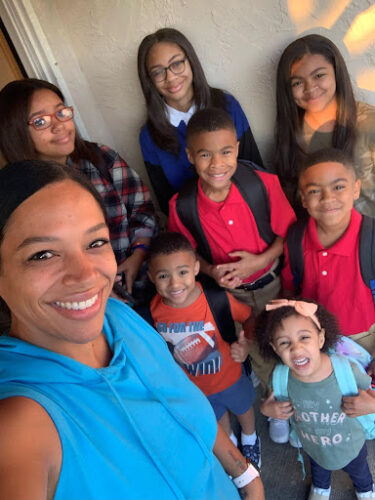February 1, 2024
Critical Thinking in Our Students – Why You Should Care, and How Public Schools Fail to Deliver It
Low Expectations
I never fail to be surprised by decisions made by educational leaders here in California. Recently, most large school districts in our state (including locally here in Vacaville) have adopted a policy to phase out “D” and “F” grades. Students who fail a test or do not complete an assignment will get a “do-over”. You can click here to read for yourself.
After asking thousands of parents over the course of my career what goals they have for their children, not one has ever said, “low expectations.” And yet, I am sad to say, educational leadership in our state continues to expect less and less, which unfortunately communicates a simple, and inaccurate reality to students: “There is no correlation between your effort and your success.” And if we want our children to develop into critical thinkers (and we should), this matters – and I’ll tell you why.
Why Parents Should Care
I define a “critical thinker” as follows: “those who can synthesize lots of knowledge or information, and with careful reflection, draw meaningful conclusions.” The foundations of critical thinking, which are synthesis (the ability to bring ideas together and understand their relationship to one another), reflection (thinking deeply about something), and analysis (studying something and drawing conclusions) are prerequisite skills of leadership. They are also, by the way, important to sustaining a lifelong faith in our children.
In short, if we desire to see our children lead (whether it be in ministry, business, or even relationships) and sustain a faith that lasts, we must develop in them the skills of critical thinking.
The Public School “Critical Thinking Hoax”
It is generally understood to be self-evident that critical thinking requires sustained effort. Over the course of Western Civilization, intellectual leaders have encouraged the development of the “discipline” of thinking. How can we encourage this in our children if we are, as public school leaders are doing, discouraging effort?
While many public school leaders are discouraging the very thing (sustained effort) that is a prerequisite of critical thinking, there is another problem – they have no idea what critical thinking actually is. As educational leader Martin Cothran writes, “Modern educators love to talk about “critical thinking skills,” but not one in a hundred even knows what he means by this term.” Additionally, the progressive, public education movement of modern times has also devalued the acquisition of knowledge (as well as content standards) in students in order to spend more time on “critical thinking” and “problem solving”. Unfortunately, psychological and educational research is unanimous on this point: you have to have content knowledge to think critically about – no knowledge, no critical thinking.
How We Develop Critical Thinking at VCS
At Vacaville Christian School, we understand what critical thinking is, place a high value on it, and seek to cultivate it daily in our students. We are clear about the instructional practices that guide daily instruction, including VCS standard 2.3: in our classrooms, we seek to “ask and invite challenging and relevant questions that spark passion/tension/curiosity/higher-order thinking.” Additionally, all VCS students are required to take a full year of formal logic (9th grade), which teaches students a specific system of rational rules for critical thinking.
Finally, our teachers use instructional practices that form critical thinking. You can review the 7th grade English lesson of VCS teacher, Dr. Val Marchione, where she utilized a Socratic Seminar for a discussion on morality in the context of “The Hobbit”. Socratic Seminar is a great tool for many situations, such as analysis or comparison of a text/ ideas, integrating knowledge and ideas from various disciplines, summative reflection, and Biblical / moral discussions.
If you’re not already a part of the VCS community, I invite you to come on campus for a personalized tour to learn more about what Vacaville Christian School has to offer, and I hope you will consider partnering with us in the education of your children!
Ben Davis
Vacaville Christian Head of School
Blog Archives: View past blog posts here.




